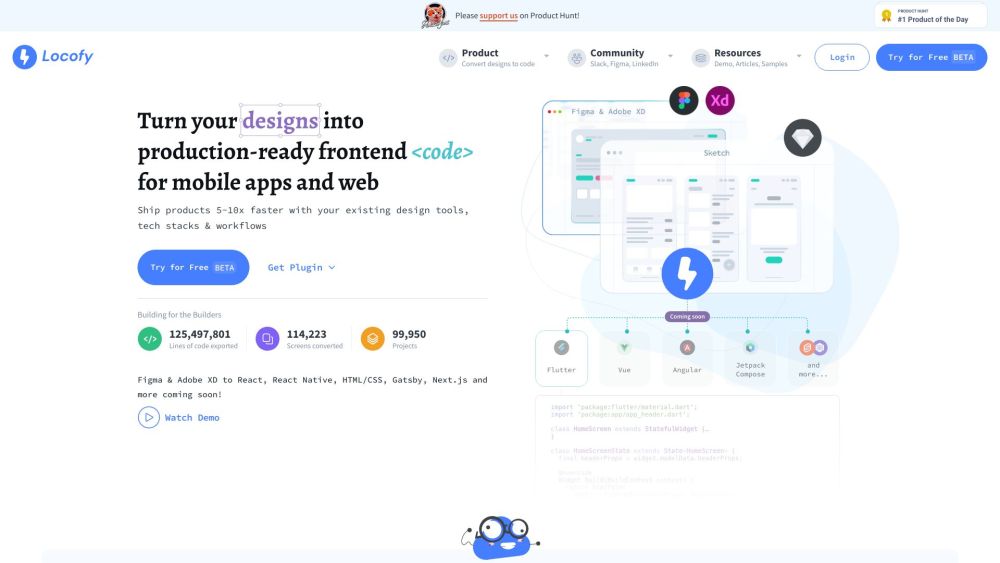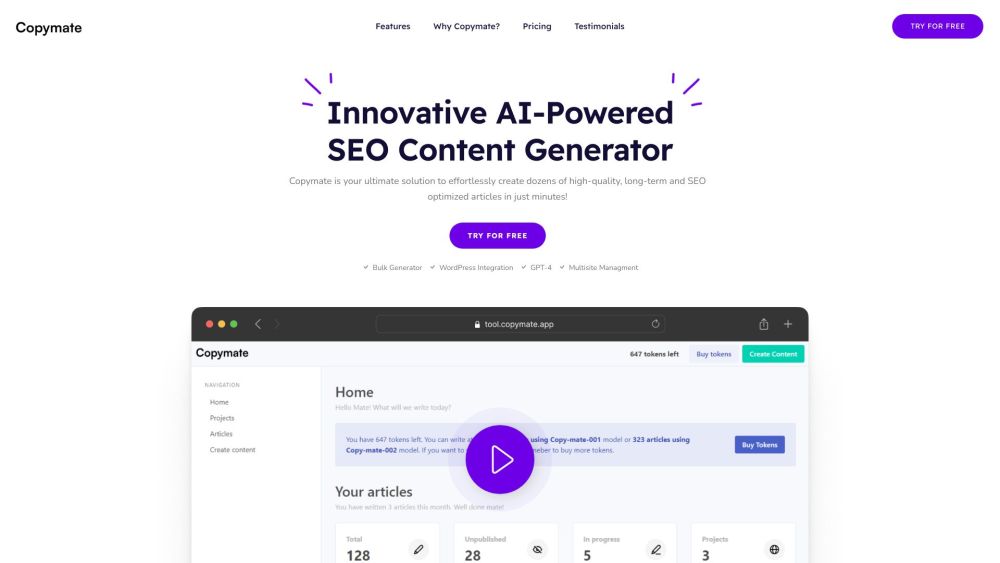Elon Musk Threatens Apple Over OpenAI Integration in iOS
On Monday, Elon Musk, the billionaire entrepreneur behind Tesla and SpaceX, announced that he would ban Apple devices from his companies should Apple integrate OpenAI’s artificial intelligence technology into its operating systems. Musk shared this threat on his social media platform, X.com (formerly Twitter), shortly after Apple revealed a significant partnership with OpenAI during its annual Worldwide Developers Conference.
Musk expressed his concerns in a post, stating, “That is an unacceptable security violation,” in reference to Apple’s plan to incorporate OpenAI’s language models and AI capabilities into iOS, iPadOS, and macOS. He added that visitors would have to leave their Apple devices at the door, stored in a Faraday cage—a shielded enclosure that blocks electromagnetic signals.
Rising Tensions in the Tech Industry
Musk's comments highlight the growing rivalry among tech giants as they compete for leadership in the booming generative AI market. Previously, Musk had been a vocal critic of OpenAI, a company he co-founded in 2015 as a non-profit, before a contentious split. He is now promoting his own AI startup, xAI, as a competitor to Apple and OpenAI.
Other experts have echoed Musk's concerns regarding security. Pliny the Prompter, a well-regarded cybersecurity researcher known for jailbreaking OpenAI’s ChatGPT, referred to Apple’s partnership with OpenAI as a “bold” but potentially risky move, considering the current state of AI security.
Security Implications of AI Integration
Pliny remarked, “Time will tell! Bold move integrating to this extent, given the current state of LLM security.” Recent research has shown that AI models like ChatGPT have vulnerabilities that can be exploited, allowing for the generation of harmful content or the disclosure of confidential information.
The tech sector has increasingly faced data breaches and cyberattacks, raising important concerns for Apple as it opens its systems to third-party AI. While Apple insists that its partnership with OpenAI will uphold strict data protection policies, some experts fear that new vulnerabilities could emerge, putting user data at risk.
Musk’s assertion frames Apple’s integration of AI as introducing a “black box” into its operating system, placing user trust in the security and robustness of OpenAI’s systems. Given that even advanced AI models can make errors or be misused, this represents a significant risk for Apple.
Musk’s Complicated Relationship with OpenAI
Both Apple and OpenAI claim that the integrated AI systems will operate locally on users’ devices without sending sensitive data to the cloud. Developers using Apple Intelligence tools will face strict guidelines to prevent misuse. However, the specifics remain limited, and there's concern that the lure of Apple’s extensive user data could tempt OpenAI to violate its rules.
Musk’s involvement with OpenAI has been fraught. Initially, he supported the organization and served on its board before exiting in 2018 over disagreements regarding its direction. Musk has criticized OpenAI for shifting from a non-profit entity focused on safe AI to a profit-driven corporation, straying from its original mission to develop beneficial AI for humanity.
With Musk’s xAI gaining traction and a recent $6 billion in fundraising, he appears poised to fuel the narrative of a significant AI showdown. By threatening to ban Apple devices from his companies worldwide, Musk underscores his view of the competition as an all-or-nothing game.
Though it remains uncertain if Musk will implement a complete ban on Apple devices at Tesla, SpaceX, and his other ventures, the challenges of enforcing such a policy—especially among a large workforce—are substantial. Legal experts also question whether Musk even has the authority as CEO to prohibit employees from using their personal devices.
Evolving Alliances in Silicon Valley
This incident illustrates the shifting dynamics in Silicon Valley’s AI landscape, where former collaborators can quickly become rivals. Major players like Apple, Microsoft, Google, and Amazon are now closely aligned with OpenAI or developing their AI technologies in-house, signaling a growing divide in the industry.
As competition escalates, cybersecurity researchers like Pliny the Prompter will be monitoring for vulnerabilities that may affect consumers caught in the middle. The conversation around AI security is becoming increasingly urgent, pointing to complex and potentially volatile developments in the near future.





